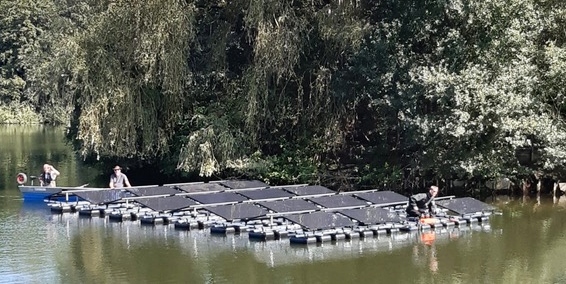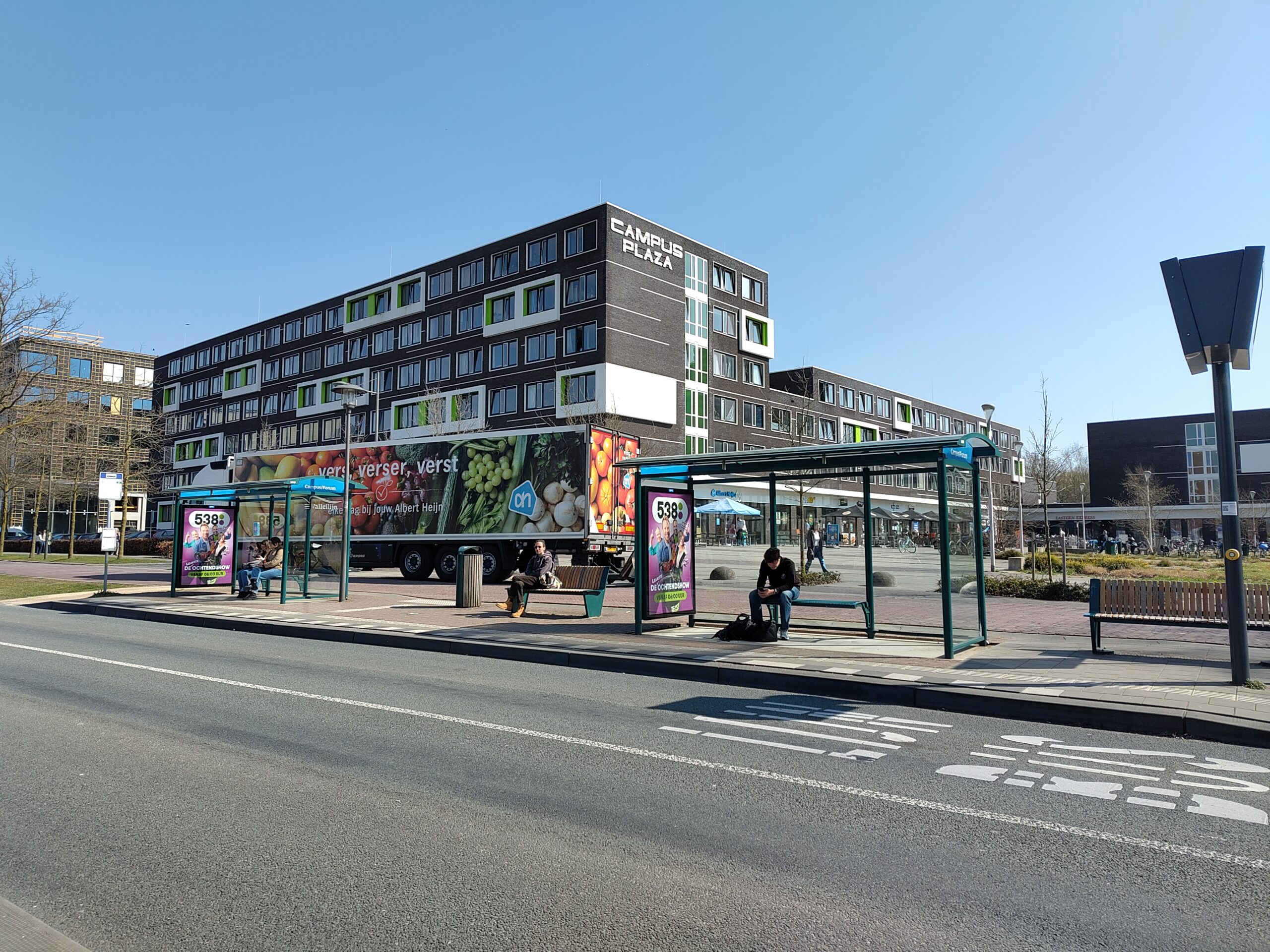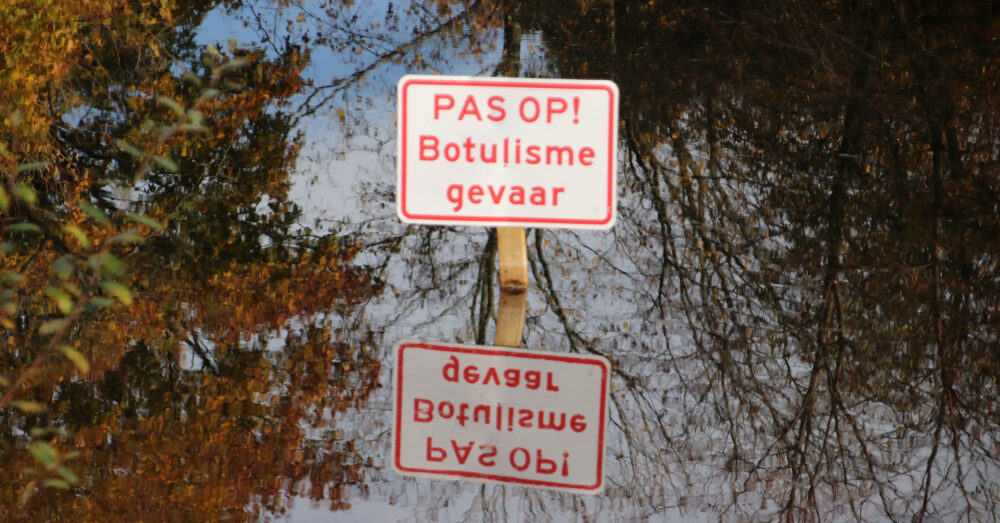What impact does a floating solar array that allows sufficient light and air to pass through have on water quality and water life? How stable and storm-proof is it, and how cost-effective? How does such a system fit into the landscape?
An experimental setup on the Marke lake is to help provide answers to these questions. The Marke lake is located directly adjacent to WUR’s agri-innovations centre De Marke in Hengelo, Gelderland province. Recently, over one hundred floating solar panels were installed for the DRIVER project, which will monitor the impact of the floating panels in different setups over the next three years.
Doetinchem
Three small solar plants float on the former sand quarry, located close to what WUR considers to be the most biodiverse land-based solar park. The arrays have varying degrees of light and air permeability. A unique feature is the fact that the angle and distance between the panels and the water surface can be adjusted.
A noteworthy detail is that the system was developed nearby, in Doetinchem, which ensures this system’s footprint is significantly smaller than that of similar floating systems that are generally procured from China.
Floating solar parks are a relatively new phenomenon. A shortage of suitable rooftops or land has inspired the search for alternatives. An added advantage is that the reflection of the water surface and its cooling effect may well result in higher yields. When solar panels heat up, the resistance increases and the power thus decreases.
Economy and ecology
However, much like is the case in land-based solar parks, there is a need for more information on the economic and ecological aspects (links to Dutch content). That is precisely what the DRIVER project, funded through the DEI+ (Demonstration Energy Innovations) provision, aims to deliver. In addition to the influence on water quality and ecology, which are measured on a monthly basis by NIOO-KNAW’s Aquatic Knowledge centre, the project aims to increase understanding of societal acceptance, permits, and embedding in the landscape. These insights will be shared through the national consortium Zon op Water.

 One of the three testing sytems on Markeplas. Photo EasyFix Solar
One of the three testing sytems on Markeplas. Photo EasyFix Solar 

